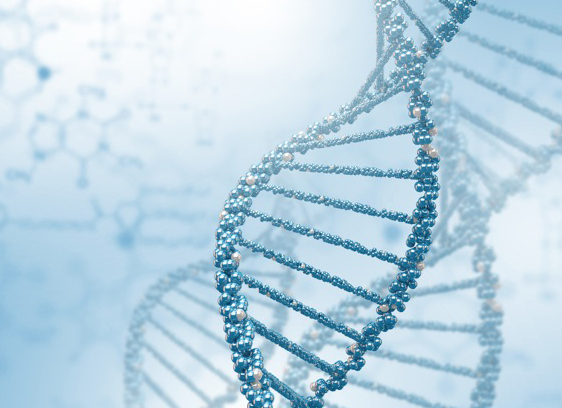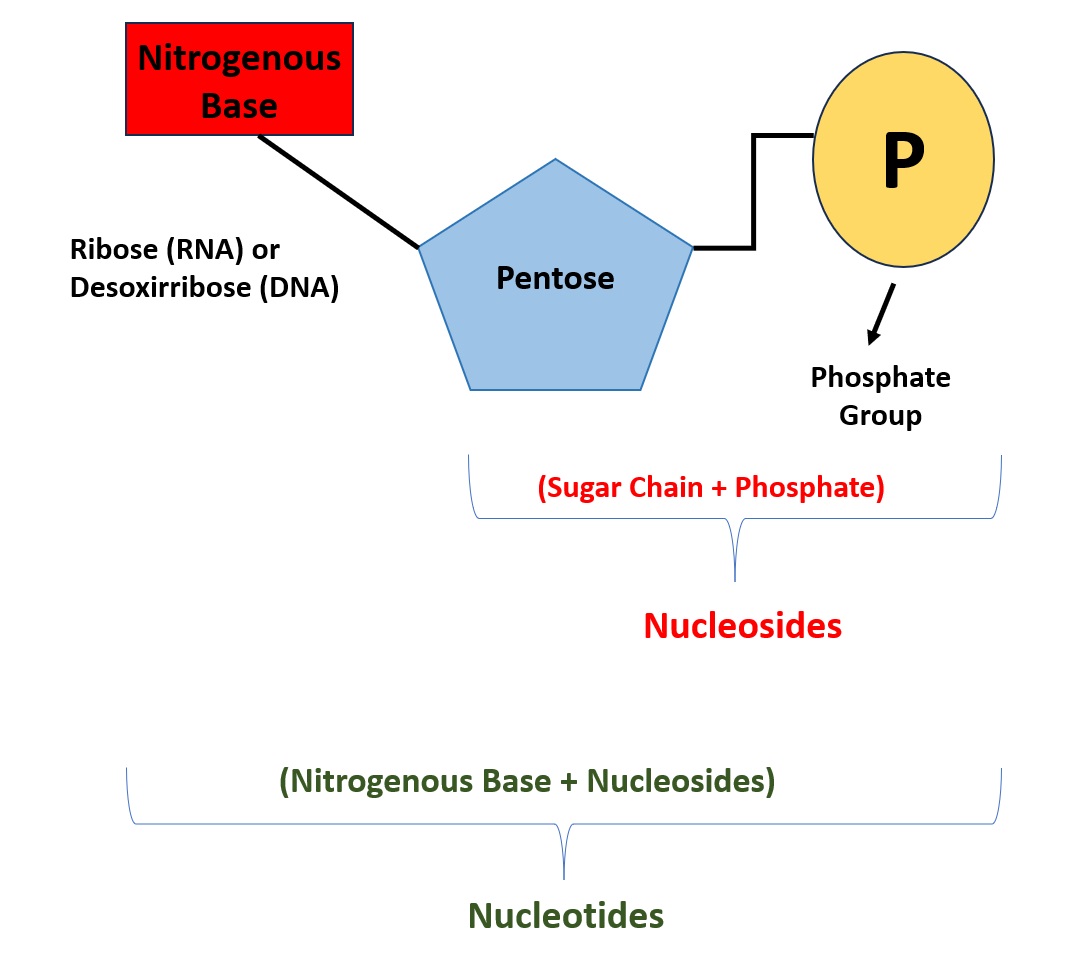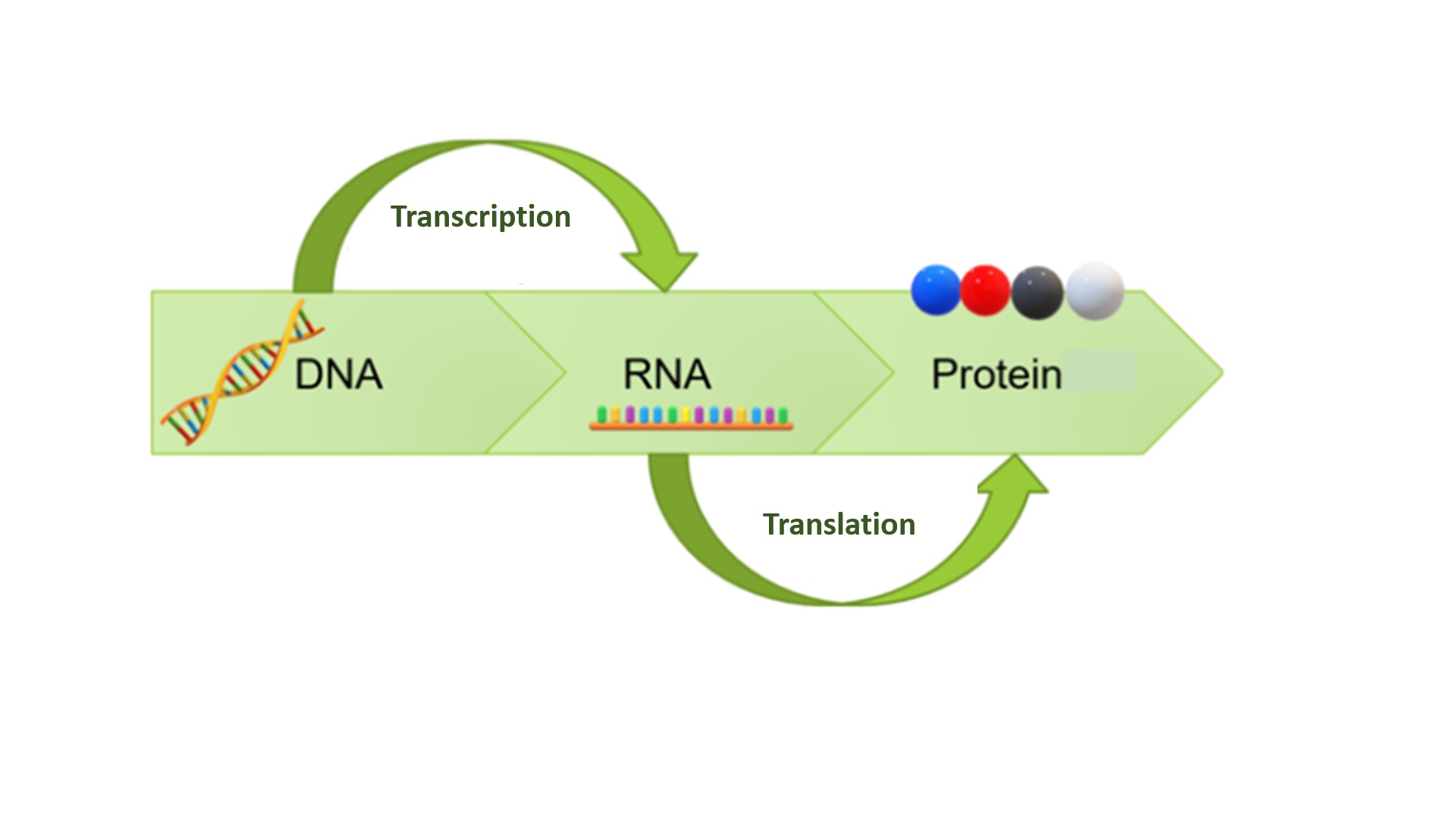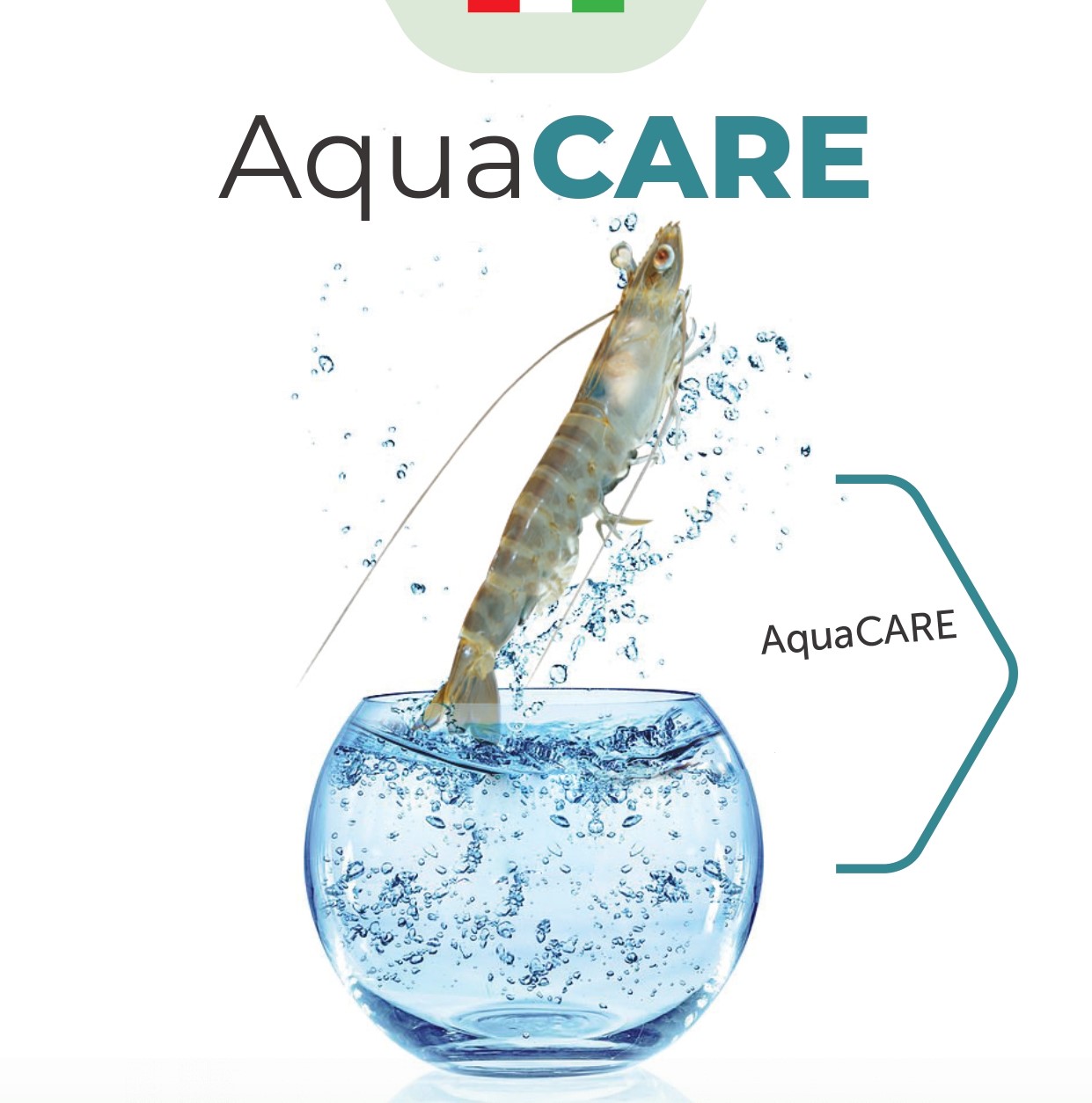Boosting Productivity in Aquaculture with Nucleotide-Enriched Diets
 Introduction
Introduction
Brazil, indeed a blessed nation with a coastline stretching over 8,500 kilometers and, according to sources, holding between 8% and 13.7% of all the freshwater available on the planet, is rightfully positioned as a promising superpower in the global aquaculture context. Despite its challenges, the national aquaculture sector has seen exponential growth in recent years, particularly in shrimp and fish production, driven by both domestic and international demand.
As Brazil’s aquaculture industry continues to expand, it faces various challenges, including the need to meet this growing demand in an environmentally sustainable and economically viable manner. This brings us to a crucial aspect, the optimization of specially formulated diets to meet the specific requirements of cultured shrimp and fish. The composition and quality of raw materials, ingredients, vitamins, and minerals used in aquaculture feed production require special attention from manufacturers, as their quality and efficiency are closely related to performance.
In times of fishmeal and fish oil scarcity and increasing use of vegetable meals, innovative solutions have been transforming shrimp and fish production: the use of nucleotide-enriched diets. These micro components play a pivotal role in the zootechnical performance of aquatic organisms, the robustness of their immune system, and exhibit strong antioxidant properties.
In this context, at Prosol, we invite everyone to embark on this fascinating journey with us to delve a little deeper into what nucleotides are and the role they play in modern aquaculture. This is the path to a new era of success in shrimp and fish production, driven by science and innovation.
Understanding Nucleotides
Nucleotides are the building blocks of life. They are organic molecules composed of sugar, a phosphate group, and a nitrogenous base, playing a crucial role in the genetic composition of all living organisms. In essence, nucleotides are the alphabet of the genetic code, forming sequences that make up DNA and RNA. This genetic information serves as the blueprint for the growth, development, reproduction, and functioning of every living organism.
Just for curiosity’s sake, each new cell to be produced requires about ONE BILLION nucleotides to duplicate. In the early stages of aquatic organisms, under conditions of stress and environmental imbalance, during vaccination (in the case of fish), and in cases of tissue damage (such as gills, for example), nucleotide supplementation in feed becomes necessary to ensure that cell multiplication processes meet the specific demands of each challenging situation.

During cell division, DNA is replicated to ensure that each daughter cell inherits the same genetic information as the parent cell. RNA, on the other hand, is essential for protein synthesis, translating DNA information into sequences of amino acids that form proteins, thus playing a vital role in cell function and structure.

Together, DNA and RNA are fundamental to cell division, multiplication, and daily cell operations. Therefore, as essential components of both DNA and RNA, nucleotides play a critical role in improving the overall physiology of cultured organisms, disease prevention and recovery, stress reduction, and promoting better growth rates.
Nucleotides: Empowering Aquaculture Performance
Nucleotides as Health Boosters
Nucleotides act as conductors, orchestrating the essential processes that support the growth, vitality, and robustness of aquatic organisms. They serve as managers in a factory, overseeing the production of crucial proteins for muscular development and a significantly stronger immune system.
Protection and Strengthening
However, nucleotides are not just protein factory managers. In aquaculture, where disease outbreaks and environmental stresses are daily challenges, nucleotides also act as a shield for the immune system, strengthening the natural defenses of aquatic organisms and improving their ability to combat diseases more efficiently.
Nutrient Optimization
As fish and shrimp grow, their energy and nutrient demands also increase significantly, and nucleotides are indispensable for optimizing nutrient utilization, ensuring faster growth and better feed utilization, thus improving feed conversion rates.
Nucleotide-Enriched Diets: A New Era in Aquaculture
 Prosol S.p.A is an Italian company proud to be one of the world’s leading producers of Ribonucleic Acid (RNA) from yeast cells using a solvent-free process. It stands out as one of the few in Europe to adopt this approach, with nucleotides produced from yeast cell RNA hydrolysis forming aqua-Care, a product specifically developed and formulated to meet the demands of key commercially important aquatic species.
Prosol S.p.A is an Italian company proud to be one of the world’s leading producers of Ribonucleic Acid (RNA) from yeast cells using a solvent-free process. It stands out as one of the few in Europe to adopt this approach, with nucleotides produced from yeast cell RNA hydrolysis forming aqua-Care, a product specifically developed and formulated to meet the demands of key commercially important aquatic species.
Pioneering Aquatic Health and Sustainability
The art of formulating nucleotide-enriched diets has proven to be a revolutionary advancement in contemporary aquaculture. Researchers, scientists, nutritionists, and formulators are developing increasingly specific diets for different species and developmental stages. By measuring and optimizing the most appropriate levels of nucleotides in these diets, these professionals aim to enhance the growth and overall health of aquatic organisms, as well as ensure that they use their food more efficiently, reducing waste and operational costs.
“De Novo” Synthesis – The Secret to Success
However, the power of nucleotides in aquaculture goes beyond nutrition or the health and robustness of aquatic organisms. They also play a fundamental role in de novo synthesis, which we will attempt to explain in a straightforward manner.
De novo synthesis is akin to the ability to create something valuable from basic components. To illustrate, imagine that we are building something important with parts from a construction kit. In this figurative context, the parts are nucleotides, which are the essential building blocks for DNA and RNA synthesis.
In this way, nucleotide-enriched diets provide a significant amount of these fundamental building blocks to aquatic animals. Keeping the same analogy from our earlier example, it’s like offering shrimp a large supply of these “high-quality parts” to build their own DNA and RNA.
Conclusion
Adequate levels of nucleotides in fish and shrimp diets triggers the “de novo” synthesis of DNA and RNA, resulting in faster growth and stronger health. This approach stimulates and boosts aquaculture efficiency with clear results: healthier animals and a more profitable industry. In the next edition of ABCC Magazine, we will continue this article presenting research results that demonstrate the effectiveness of aqua-Care at different concentrations in feeds for Litopenaeus vannamei, in a challenge test with an aggressive strain of Vibrio parahemolyticus.
Article published onABCC Magazine, FENACAM– Year XXV N. 3 – November 2023 on https://abccam.com.br/2023/11/revista-da-abcc-edicao-fenacam-ano-xxv-n-3-novembro-de-2023/
Author: Marcelo Borba, Aqua Product Manager at Prosol S.p.A
Email: m.borba@prosol-spa.it

